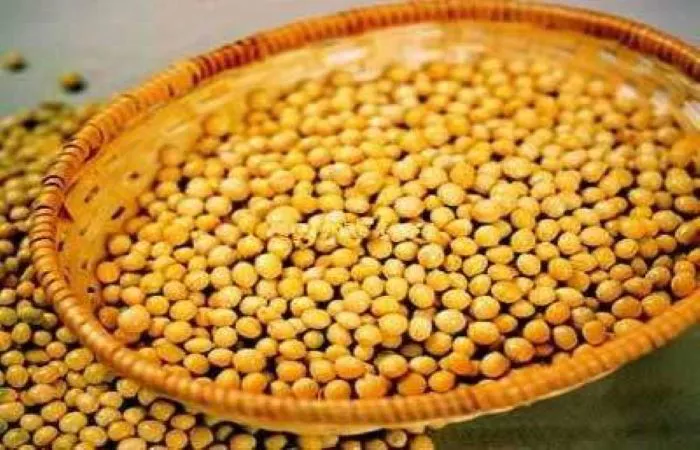As of February 7, 2025, Nigeria is facing a sustained surge in food prices, with essential commodities such as rice, beans, tomatoes, and yams reaching unprecedented levels. These increases are driven by a combination of factors, including high inflation, currency devaluation, and disruptions to agricultural production exacerbated by both security issues and climate change-related weather events.
Current Prices of Key Food Commodities
Rice: A 50kg bag of rice is now priced between ₦75,000 and ₦90,000.
Beans: A 50kg bag of beans is selling for ₦78,000 to ₦85,000.
Tomatoes: A basket of tomatoes is priced around ₦55,000.
Yam: The price for each tuber of yam ranges from ₦3,000 to ₦4,000, depending on size and quality.
Palm Oil: A 25-litre container of palm oil costs approximately ₦50,000.
Chicken: The price of 1kg of chicken meat is about ₦5,000.
Contributing Factors to Price Surge
Several interrelated factors have led to the rising prices of food commodities:
Inflation: Nigeria’s inflation rate continues to climb, reaching a 30-year high of 34.8% in December 2024. Specifically, food inflation saw a sharp rise to 39.84% during the same period, significantly increasing the cost of staple foods.
Currency Devaluation: The Naira’s continued devaluation has escalated the cost of both imported goods and agricultural inputs, leading to higher food prices.
Agricultural Disruptions: Security concerns in key farming regions, alongside adverse weather events such as flooding, have disrupted agricultural activities. This has resulted in reduced crop yields and shortages in food supply.
Government Response and Future Outlook
In an effort to address the ongoing food price crisis, the Nigerian government has proposed several economic measures, including tax reforms aimed at curbing inflation. Among the proposed reforms is a plan to raise the value-added tax (VAT) to 12.5% by 2026, though essential items like food and medicine are expected to be exempt in order to mitigate the financial burden on households.
However, the rising food prices continue to place immense pressure on Nigerian families, particularly those with lower incomes who allocate a significant portion of their earnings toward food expenses. The persistent increase in commodity prices highlights the need for continued monitoring and effective policy interventions to ensure food security across the nation.
In conclusion, as the country grapples with both local and global challenges, the government’s ability to manage inflation and stabilize food prices will be critical in alleviating the strain on consumers and securing a sustainable future for Nigeria’s agricultural sector.

